Dats, some great finds, keep them coming. Where are you from?
Documents of Macedonian Immigration
Collapse
X
-
-
Here is some more on the topic:
Source: http://www.americanchronicle.com/articles/view/158369Macedonian Yenkees in WWI
Dusan Sinadinoski
May 25, 2010
MACEDONIAN YANKEES IN WWI
By Dusan Sinadinoski
As soon as thousands of Macedonian new immigrants settled down in America, a major war broke out in Europe in 1915. Initially the United States of America wanted to stay away from meddling in the European affairs but decided in to enter the war in 1917. About twenty four million Americans rushed to sign the registration draft cards and about four millions of them ended up fighting in the war, which later became known to us as the Great War, a.k.a. World War I. Barely noticeable in this massive response was a group of young Macedonian men who also volunteered to be American soldiers. Soon afterwards some of them were engaged in enemy fire someplace in the fields of Europe; much closer to their homes of childhood which they just left behind, nevertheless still too far away from their beloved Macedonia. But for three of them the hope of ever again seeing their beautiful Macedonia was for ever sealed on those grim fields of Europe where the same fate awaited more than 50,000 other unlucky young and brave American soldiers. As the news of their tragic ends slowly reached their homes in Macedonia, the war´s cruel sorrow mercilessly stabbed the hearts of their loved ones.
Whatever dreams those three young Macedonians may have had were abruptly interrupted and unfulfilled by the decisions and events of which they had no control. They died fighting for ideas of freedom and democracy of which they had no opportunity to experience in their native Macedonia. Those three Macedonian unsung heroes were: Stefen Caramicio, 24 years old, born in Macedonia, place unknown, killed in action on 28 September 1918, buried at Meuse-Argone American Cemetery in France; Tom John, 22 years old, born in Molovisti, Macedonia, killed in action on 20 October 1918, buried at Meuse-Argonne American Cemetery in France; and Jeams Georgieff, 27 years old, born in Macedonia, place unknown, died of fracture of scull, buried at Jefferson Barracks National Cemetery in St Louis, Missouri. These unlucky young and brave men were American soldiers but they were also Macedonian suns. Their names are engraved in the American military cemeteries but their deaths will remain for ever inscribed in the Macedonian consciousness.
All three of these young and brave Macedonian Yankee soldiers could have escaped the tragic ends of their young lives. All they had to say to the enlisting officers was that they were Bulgarians or they were born in Bulgaria. Such answers could have saved their lives because under the direct proclamation of President Woodrow Wilson, all men who were German or belong to the German Empire and all her allies were declared alien enemies of the United States of America and were exempted from military service. By being an ally of Germany, the same exemption applied to all persons who were born in Bulgaria or were of Bulgarian nationality. As the result, these three Macedonians they could have opted out of military service if they chose to declare themselves to be of a Bulgarian nationality. Instead, they chose to fight and subsequently die in WWI as Macedonians rather then be called Bulgarians. But such acts of selfless sacrifice only brave and patriotic men do; and these three young men made the ultimate sacrifice rather than live with a false identity.
The three soldiers were not the only Macedonian young men who fought for the United States of America in WWI. They were the ones who were destined to become unsung Macedonian heroes. More than ninety other young and brave Macedonians joined the ranks of thousands other young men from the State of Ohio who signed to fight against the enemies of the United States of America in WW I. Whatever their reasons may have been for signing up to bear the arms for America, they too had the same option of being exempted from war if they declared to be Bulgarians or were born in Bulgaria. But just as the three who were killed, they also declined this option. Moreover, this group of ninety Macedonian Yankee solders could have also declared to be Greeks or Serbians because Macedonia then was divided by Greece, Serbia and Bulgaria. Instead, they affirmed to be Macedonians from Macedonia, the only country they felt was truly theirs. These Macedonian American veterans of World War I also deserve to be mentioned and honored because of their contribution to freedom and democracy. Their names and what ever else was known about them appear in the Official Roster of Ohio Soldiers, Sailors, and Marines in the World War, 1917 – 18, Vol. I – XXIII, Columbus, Ohio, USA.
Not to leave them behind, Macedonia is equally proud to honor another sixty three Macedonian soldiers who also served in World War I as part of the Canadian Over-Seas Expeditionary Force. Those Macedonian Canadians, in signed Canadian Military Attestation Papers, took an oath to be faithful and bear true allegiance to His Majesty King George the Fifth... in duty bound honesty and faithfully defend His Majesty…against all enemies, and will observe and obey all orders of His Majesty… These too were young and brave Macedonian soldiers who fatefully defended the interest of the British Empire. But the right of self-determination for their homeland of Macedonia was not on the mind of Lloyd George, his Majesty´s Prime Minister, who was one of the chief architects of the ill-fated European peace plan of 1919 in Paris. At least, those Canadian Macedonians can proudly say that they fulfilled their duty and allegiance to His Majesty, King George the Fifth.
Perhaps one of the reasons why these Macedonians sign up to fight in a war is because they may have truly believed that the United States will help them free their occupied and divided Macedonia. Indeed, not just them but many other Macedonians may have been also full of such hopes because President Woodrow Wilson envisioned a new and better Europe where the right of self-determination would be guaranteed to all small nations so that they would be able to from their own governments. But for the Macedonians those hopes faded away as soon as the Paris Peace Conference started. For blighted Macedonia and a few millions disillusioned Macedonians history repeated itself one more time, this time even more devastating. The end of Paris Peace Conference of 1919 also brought an end to Macedonia´s dream of nationhood and it permanently cemented the division of Macedonia by Greece, Bulgaria and Serbia. President Wilson´s great idea of rights and liberties for all nations to form their own self-government fell on deaf ears in Europe. Instead, as far as Macedonia´s hopes were concerned, the same old Europe reemerged again.
A lot has change in Europe and the world since 1919. The world and Europe went through another war even much more devastating than World War I. Today part of Macedonia is a free nation and all Macedonians living there enjoy the benefits of being a free people. But human rights, free speech and self identity for Macedonians in Greece and Bulgaria are still being denied, almost a century later after World War I. This is a reality which exists at the time when Europe has high hopes of creating a universal citizen of Europe, something that Alexander the Great was capable of accomplishing over 2,500 years ago. But the Balkan nations, including Greece and Bulgaria who are members of the pan-European community of evolved nations, are still deep-rooted the mud of 19th century Balkan nationalism. It is precisely this type of nationalism which the Great War was supposed to have eradicated from the face of Europe and for which so many Macedonian soldiers fought and died in the service of American and Canadian armed forces. The more Europe embraces the idea of universal citizen and the more it becomes a European, the more it become apparent the Balkan states have not yet free themselves of Europe´s last great decease - the Balkan bread of nationalism .
Perhaps President Wilson´s plan for new Europe would have worked much better had he not consulted his allies!
List of Macedonian American World War I Soldiers
Abraham Abdul, Nesilic, Macedonia; Tony Angeloff, Monastir; John T. Bando, Monastir; Menillos Bassaras, Macedonia/Greece; Michael Branoff, Macedonia/Greece; Tom Budles, Macedonia; Mike Chas, Macedonia; Jordan N. Christa, Gopeshi, Macedonia; Louis Christo, Macedonia; John Costa, Macedonia/Serbia; James Costos, Macedonia/Greece; Manuel Demitri, Macedonia/Greece; William Demos, Macedonia/Greece; Konstantin Dimitri, Florina, Macedonia; John Dimitro, Zorovo, Macedonia; Floral Dimitry, Zelenitze, Macedonia; Fezola Elmass, Nezvilic, Macedonia/Turkey; Christ S. Erca, Macedonia; Geroge Evanoff, Macedonia/Turkey; Krste Evanoff, Vilage Lazaropole, Macedonia/Turkey; Lazo Evcheff, Macedonia/Turkey; Ahment Gami, Macedonia; Kemal Geladin, Macedonia; Christ George, Monastir, Macedonia; John George, Macedonia; Tom George, Belcomen, Macedonia; Mike George, Setina, Macedonia; Hanese Georgeff, Mannike, Macedonia/Greece; Anastin Gerskocin, Macedonia/Greece; John Gilott, Gumendja, Macedonia; Christo Grozdanoff, Capari, Macedonia; Thomas Gurgeff, Macedonia; Steve Jameson, Macedonia/Greece; Amin Jenil, Macedonia; Tashi D. Karadjoff, Macedonia; Alexadria Kostiff, Mokra Letz, Macedonia; Gligor Kostracoff, Macedonia/Greece; Tippa Kotzeff, Macedonia; Thomas Louie, Breznitza, Macedonia; Murad Mahamet, Gravenna, Macedonia; James G. Manoff, Macedonia; Talle Metrof, Podmochane, Macedonia; Gust Midis, Macedonia; Pete Mike, Maloviste, Macedonia; Cris Miller, Prilep, Macedonia; George Minas, Macedonia; Vangheli Mustricu, Gopesh, Macedonia; Naum C Nastof, Macedonia; Louis Nedanoff, Macedonia; Dalip Nedjip, Macedonia; Tony Nick, Macedonia; Sam Nicholoff, Mocrany, Macedonia; Louis Nicholoff, Macedonia / Bulgaria; Thomas C Nolche, Macedonia; Lazo Noleff, Macedonia; Mike Paphal, Macedonia; Tony Pete, Macedonia; Christ Peters, Macedonia; John Petro, Lahehey, Macedonia; James Petroff, Macedonia; Nick Petroff, Macedonia; Steve Petroff, Sabonik, Macedonia; Damian Phillips, Serdesh, Macedonia; Koozo Popoff, Cherrsienca, Macedonia; Mitch Povloff, Macedonia; Costos Stamat, Macedonia/Turkey; Dine Stayanoff, Lubetina, Macedonia/Greece; Vina Stefo, Macedonia; George Strezoff, Macedonia; James Tannis, Macedonia; Nick G. Tanoff, Macedonia; Evan Todoroff, Macedonia, Tom Trpe, Macedonia/Greece; Jim Tony, Monastir, Macedonia; Louis Triphon, Macedonia/Greece; John Tsanakas, Macedonia/Greece; Tanas Velo, Macedonia; Svetko Yovanoff, Macedonia; Nick Zeman, Macedonia/Greece; Milan Zmeico, Macedonia/Serbia; Peter T.Zozoff, Macedonia; and John Mike, Givgili, Macedonia.Macedonian Truth Organisation
Comment
-
-
And some more......
Source: http://www.americanchronicle.com/articles/view/160815MACEDONIANS IN THE US CENSUS
Dusan Sinadinoski
June 05, 2010
MACEDONIANS IN THE US CENSUS
By Dusan Sinadinoski
Give me your tired, your poor,
Your huddled masses yearning to breathe free,
The wretched refuse of your teeming shore.
Send these, the homeless, tempest-tossed, to me:
I lift my lamp besides the golden door.
From The New Colossus by the 19th Century American Poet, Emma Lazarus
The majority of the several million newly arrived immigrants had no idea that these words were inscribed on a plate at the bottom of the Statute of Liberty – the Welcoming Lady, whose height and beauty combine for an awesome visual experience. These arrivals came from different countries of the world, spoke different languages, and practiced diverse customs. Some of them were more educated and skilled than others. And some were full of dreams and high hopes of becoming rich or famous; but most simply wanted a new and better life for themselves. In that midst of the myriad of people from all races, nationalities and social classes, a handful of Macedonian pecalbari (wage earners) had more pressing issues on their minds rather than thinking of making history – but they did.
The first Macedonians who planted their feet on American soil left behind Macedonia, a country ravaged by wars where political persecution and ethnic cleansing occurred daily. Regardless of who controlled their homeland, and no matter to which nationality, ethnicity or religion the Macedonians belonged, they were poor, illiterate and deprived of hope for a better future. Following the Balkan Wars of 1913, the Macedonia was completely erased from the map. A few decades later, they were renamed Greeks, Bulgarians, Serbs or Albanians depending on which country their part of Macedonia ended up in. But in spite of this the Macedonian pecalbari brought over Macedonia in their hearts to America, where they were free to call themselves Macedonians and to speak their Macedonian language.
It would have probably never been known who the first Macedonians to settle in America were if it wasn´t for the United States Census Bureau. The first census taken in America was in 1790, when the country numbered 3.9 million people. We do not know if there were any Macedonians among those first Americans; but in 1860, only half a century later, the name Macedonia appeared for the first time on a U.S. census. The assistant marshal and census taker at the post office of Empire City (the Empire Precinct in the county of Coos, Oregon) on the twelfth of September in 1860 documented that a certain Richard Casaus was born in Macedonia. He was 54 years old at the time and was married to Harriet Casaus, who was two years older than he. They had three children: Charlotte 14, Elizabeth 4 and Victori 1. Also listed on the same document was Joseph Casaus, age 40.
Initially, given the fact that none of the listed names appear to be traditional Macedonian names; it would seem very preposterous to make a claim that Richard Casaus was Macedonian. But Richard Casaus, if that was his real name, gave that information. Knowing also that Harriet, his wife, was born in Florida further shows that Richard could have come to Florida from some place else. Prior to 1860, Florida was still mostly a Spanish speaking state and he could have got his last name there because the name "Casaus" is often found in Spanish speaking countries. Macedonians rarely used last names prior to prior to 1913.
Also listed living at the same address was Joseph Casaus (Macedonian Josif) who was 40 years old and was born in Russia. This definitely implies that Richard could have traveled to Russia where Joseph was born and they probably together came to Florida. The census does not say whether Richard and Joseph were brothers. But since Richard is only 14 years older than Joseph it makes it quite unlikely to assume that they were father to son related.
One can also make the case that Richard could have been born in some of the towns named "Macedonia" in USA. This postulate makes sense but in 1805, when Richard was born, there were no places in USA called Macedonia. In addition, the census only asked that the head of household give the US state or territory, or a country if foreign born as place of birth. The towns, cities and villages were not accepted as valid answer.
Moreover, since neither their first or last names are typical Macedonian, Slavic or Orthodox Christian sounding names, it makes no sense to maintain the validity of the census data. It is a known fact that most immigrants change their names upon arrival to USA either for economic reason or some other factors. Having the historical perspective in mind, it is only reasonable to assume that they would want to give their children English names. In any event, Richard Casaus is the first known person to list Macedonia as his birth place. Hopefully, further research could shed some more light on the life of Richard Casaus.
The next census of 1870 show no entry for any citizens born in Macedonia. But two immigrants from Turkey with typical Macedonian names stand out in the list of citizens who were born in Turkey: Pano Gospondonof and Andrea Isanoff. All we know about these two gentlemen is that Andrea Isanoff was 23 years old and lived in Ithaca, New York while Pano Gospondonof was 23 years old and lived in Royalston, Massachusetts.
The 1880 census records show that three people were born in Macedonia. They were Thomas and Anthony Protopsaltis, and Constantine Trico. The spelling of the last names for Thomas and Anthony was difficult to ascertain because the document is smudged. But what the document shows is that Thomas was a 32-year old physician and a widower who was born in Macedonia. He also said that both his father and mother were born in Macedonia. Similarly, Constantine was born in Macedonia in 1848 with both parents having been born in Macedonia, and he was also single and a minister. Constantine´s last name may have been Trajko because the letter "i" corresponds to the Macedonian pronunciation "aj" and the letter "c" when written before "o" is pronounced "k".
The next few censuses produced several people who state Macedonia as their place of birth. What is notable and interesting for us is that we now find Macedonians who are boarding in larger groups, which indicates that those people were truly pecalbari. For instance, the 1900 census shows that ten Macedonians listed Philadelphia Ward 14, Philadelphia, Pennsylvania as their address reported that they were born in Macedonia. Also, the 1900 census shows that Simon Vasoff to have been the first known Macedonian to have lived in Alaska.
A significant increase in number of people shown to have been born in Macedonia occurred in the 1910 census. Here we find 423 people have listed Macedonia as their birth place. Again, the pattern appears more and more evident that these Macedonians were pecalbari because the majority lived in boarding houses throughout the United States. Sometimes these men were listed as singles and lived in boarding houses in groups of ten or more people. Evidently, they must have worked in some large factories, lumber yards, ship docks, coal mines, etc. The largest masses of Macedonian immigrants are found in Gary Ward #4, Lake, Indiana; Indianapolis Ward #13, Marion, Indiana; Wayne, Owen, Indiana; Zumbrota, Goodhue, Minnesota; Havre Ward #2, Chouteau, Montana; Pembroke, Merrimack, New Hampshire; Manhattan Ward #15, New York; Springfield Ward #2, Clark, Ohio; Madison, Armstrong, Pennsylvania; Salt Lake City Ward #2, Salt Lake , Utah; and Castlewood, Russell, Virginia.
The Fourteenth Census of the United States of America taken in 1920 shows 5,411 people who have listed Macedonia as their birth place. Although many Macedonians were still found in boarding houses, the vast majority of them listed individual addresses and had their wives and children living with them. But what is of more significance to the Macedonians is that this census, in addition to place of birth, also asked for the father´s place of birth and his mother tongue, as well as mother´s place of birth and her mother tongue. Many thousands of Macedonians in addition to calling themselves Macedonians they also listed that their fathers and mothers were born in Macedonia and their language was also Macedonian. For instance, in Lackawanna Ward #1, Erie, New York, we find twelve men who responded as such. Those men were Risto Simoff, Risto Feftim, Jose Cortkoff, Joseph Androff, Stephan Naum, Nielier Strfoff, Nickolas Traickeff, Janes Hristeff, Dimitry Setreff, Nicholas Strfoff, Kosta Sonteroff and Talle Mitroff.
The last census which shows Macedonia as a birth place, a nationality, and a language was the 1930 census. These census documents show that 1, 788 people were born in Macedonia. But this number is now significantly less than that of 1920 census. There are many reasons why this happened, but those reasons were far beyond the control of ordinary Macedonians. Perhaps if Greece and Bulgaria let their population census become available to the world we could answers many more questions.
These several thousands Macedonians made history without trying. They came to America to escape tyranny and devastation and all they wanted was to make a better living for them and their families back home. Yet, decades later their names would be immortalized. Who could have imagined that one day a small country of Macedonia thousands of miles away would be forever thankful to those United States census takers who dutifully wrote what they heard?Macedonian Truth Organisation
Comment
-
-
The purpose of the media is not to make you to think that the name must be changed, but to get you into debate - what name would suit us! - Bratot
Comment
-
-
Daskale very intersting article good on you & Bratot for bringing it up."Ido not want an uprising of people that would leave me at the first failure, I want revolution with citizens able to bear all the temptations to a prolonged struggle, what, because of the fierce political conditions, will be our guide or cattle to the slaughterhouse"
GOTSE DELCEV
Comment
-
-
An excellent read Daskale (& Bratot).
Thank you.Risto the Great
MACEDONIA:ANHEDONIA
"Holding my breath for the revolution."
Hey, I wrote a bestseller. Check it out: www.ren-shen.com
Comment
-


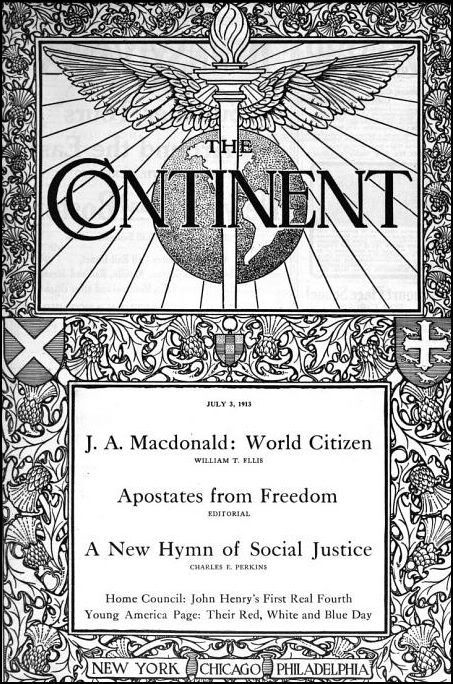
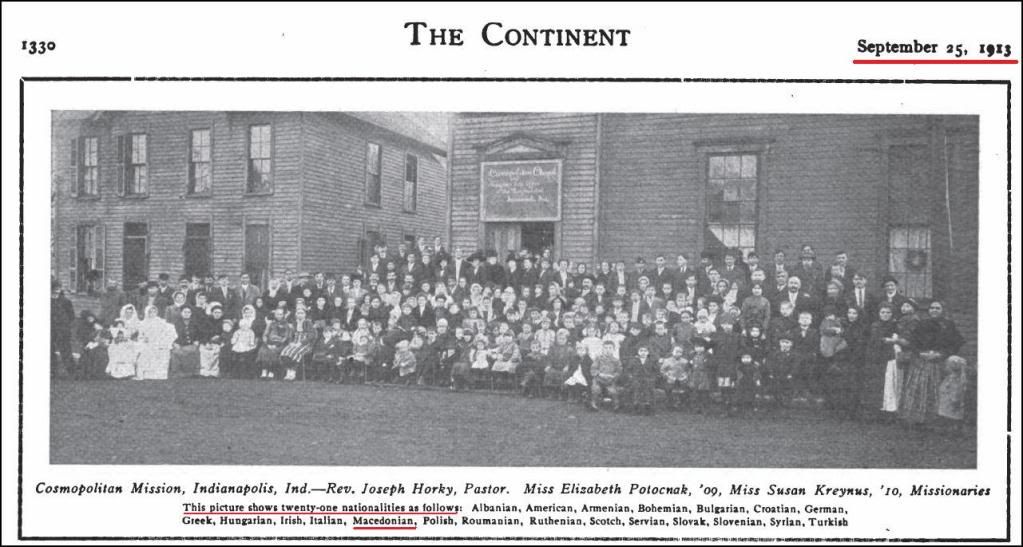
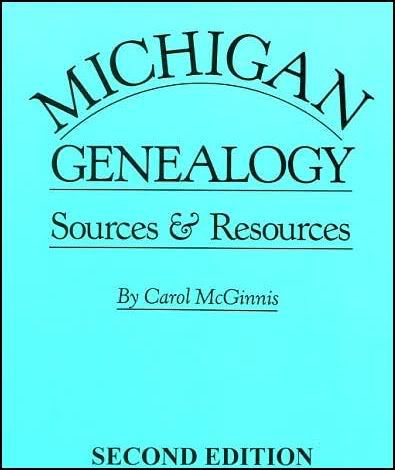
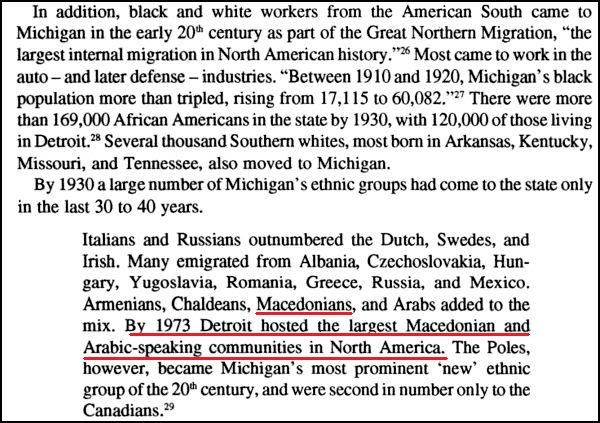
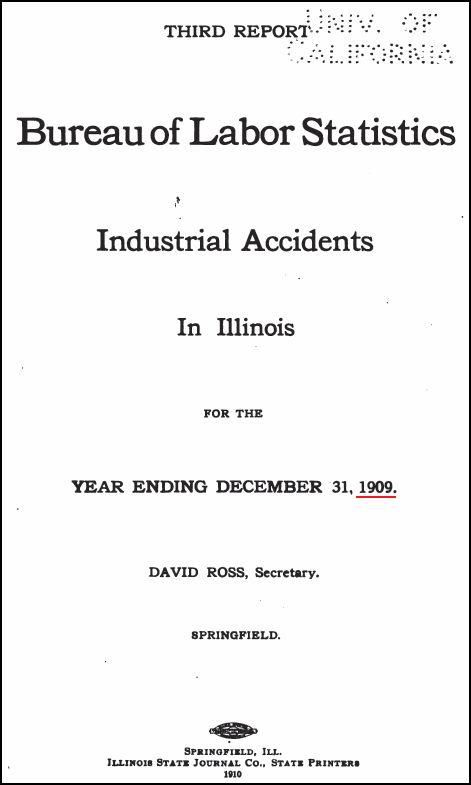
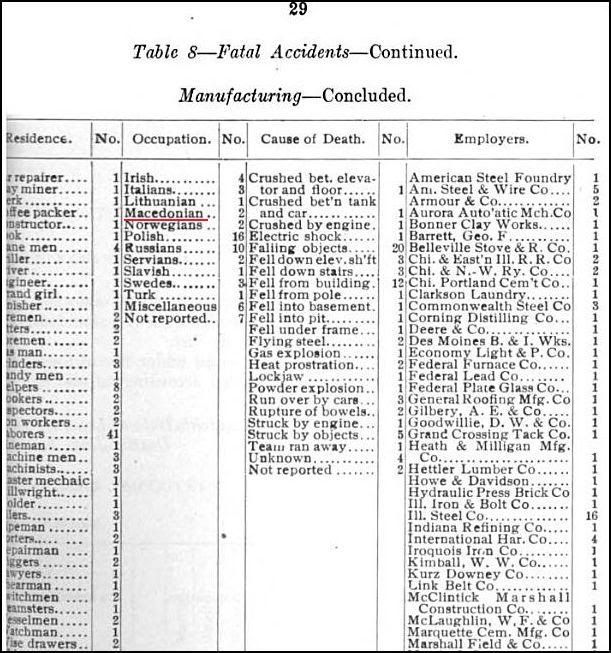
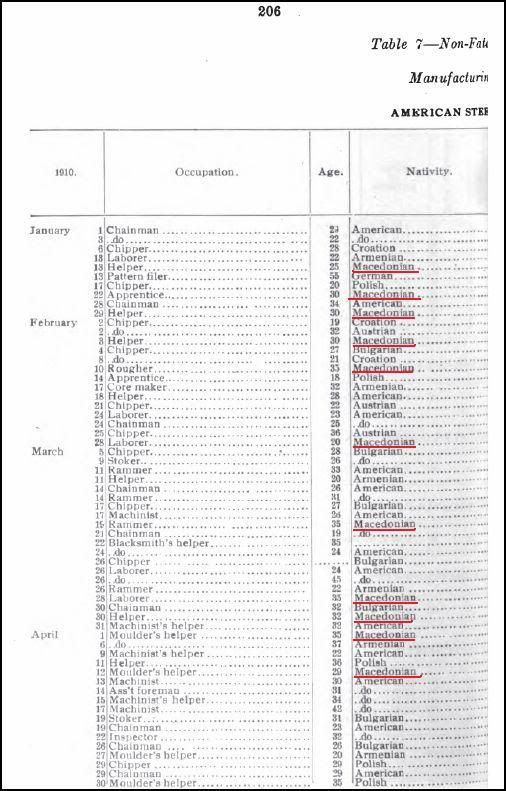
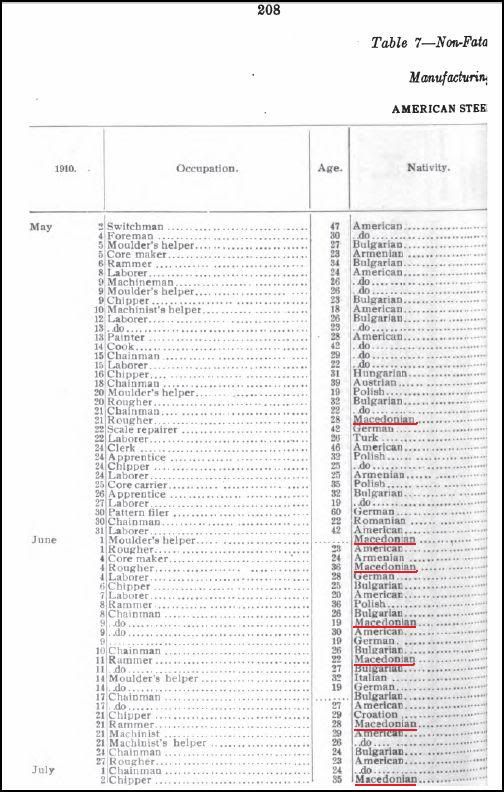
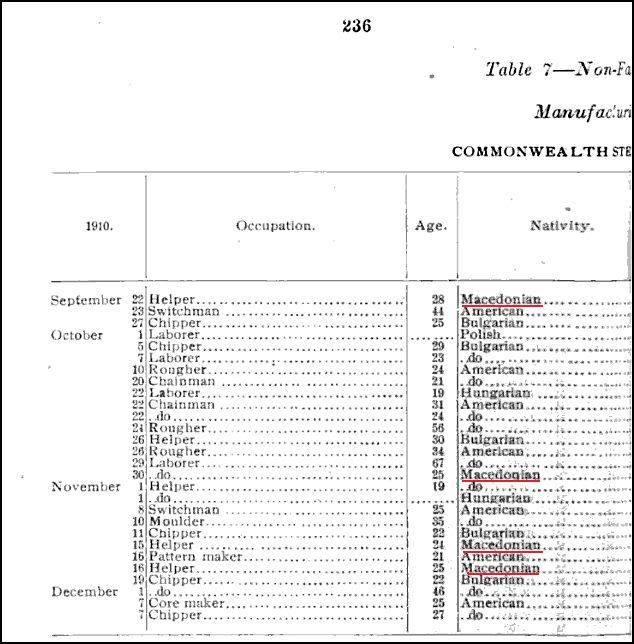
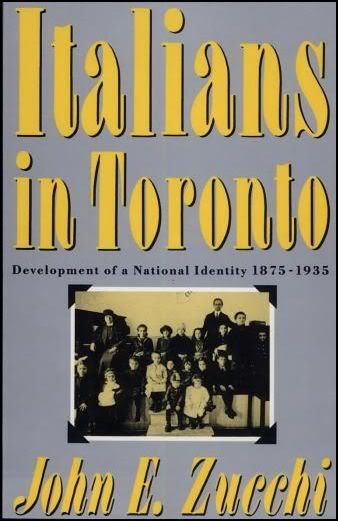
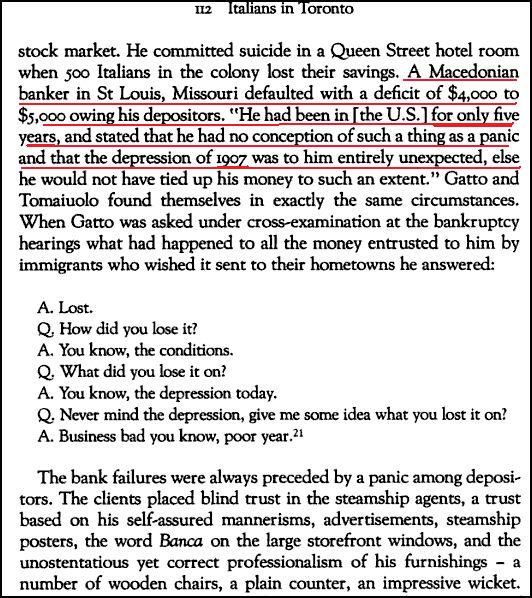
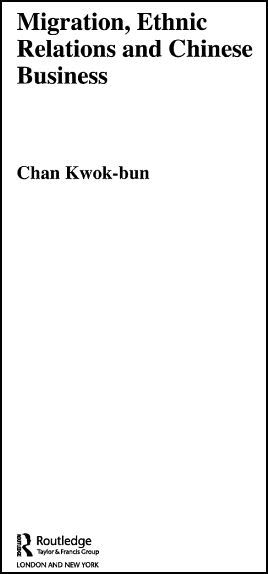
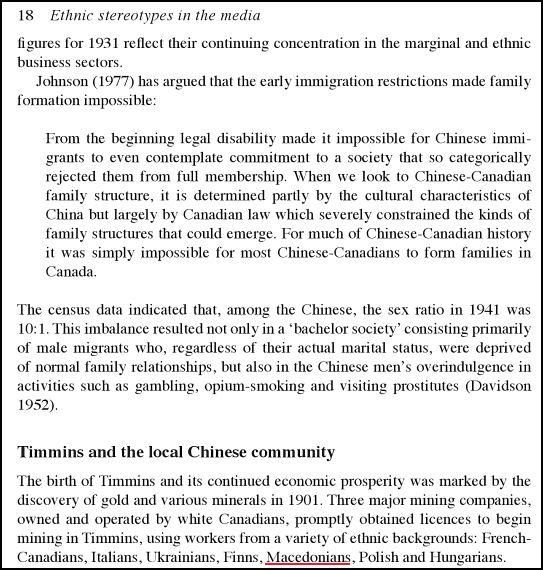
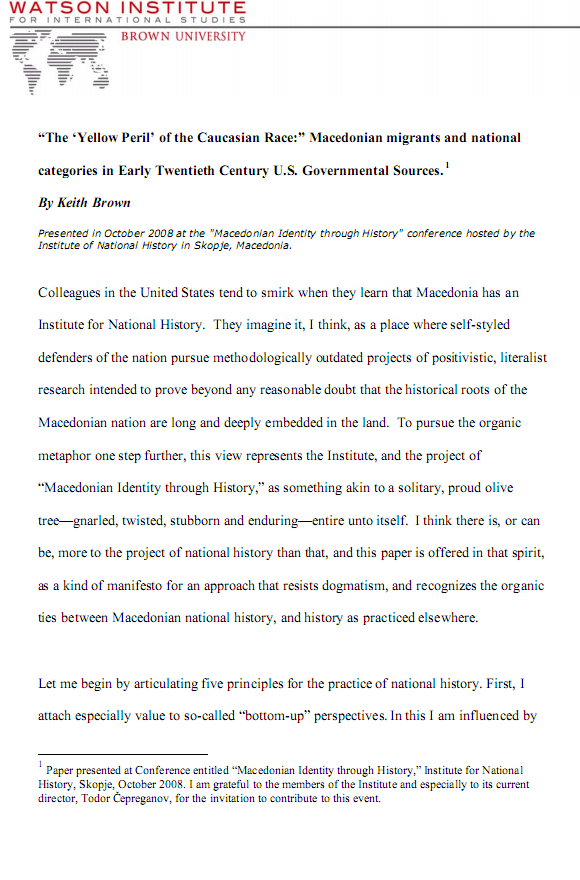
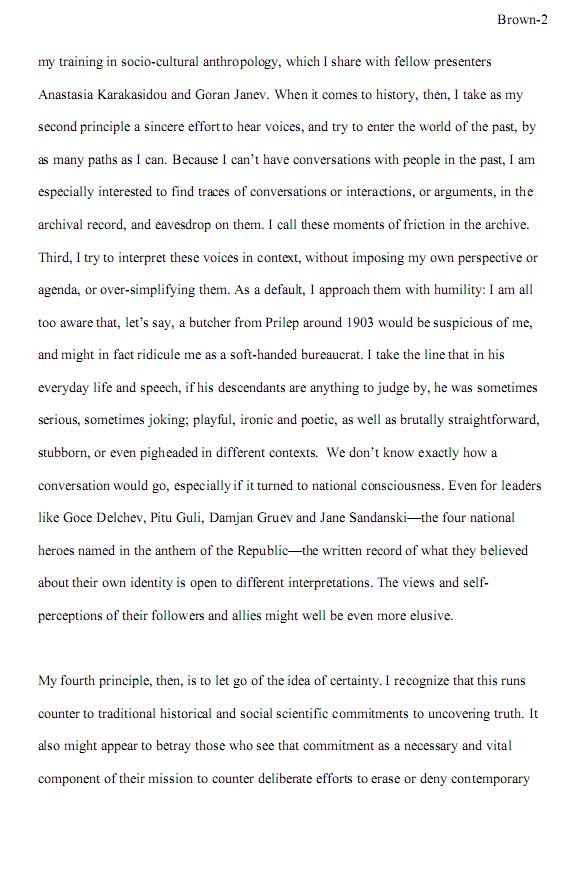
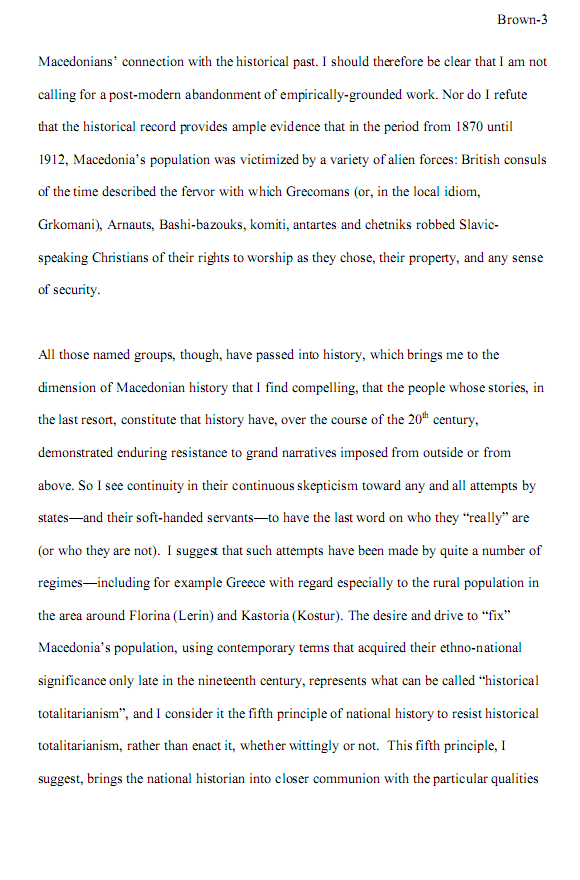
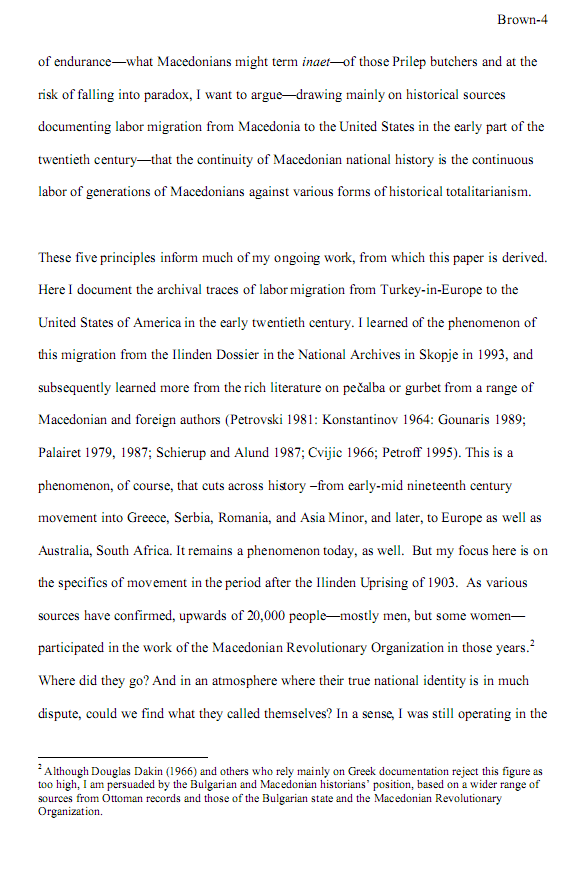
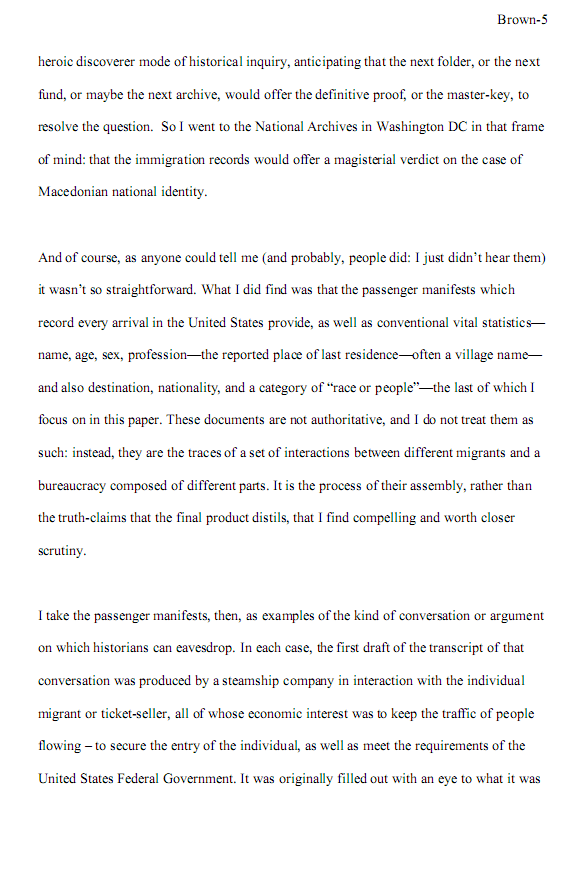
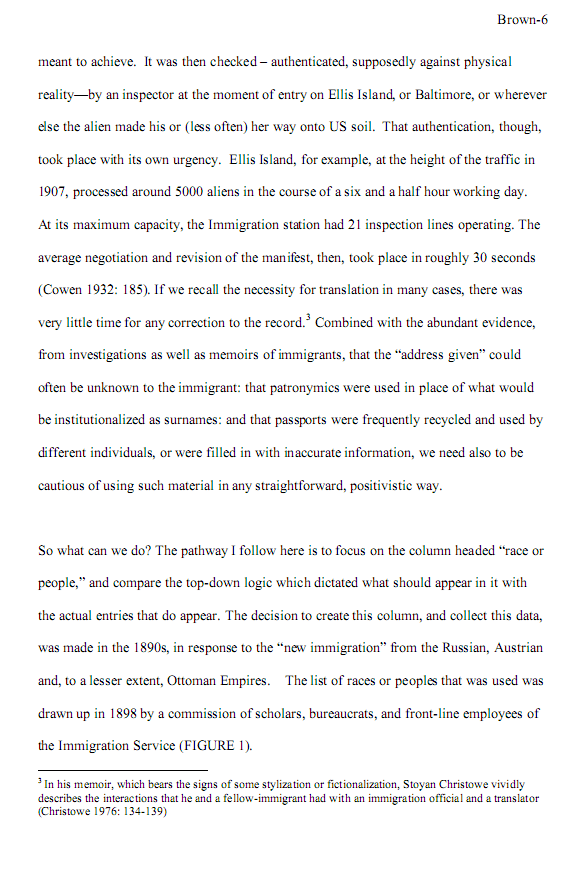
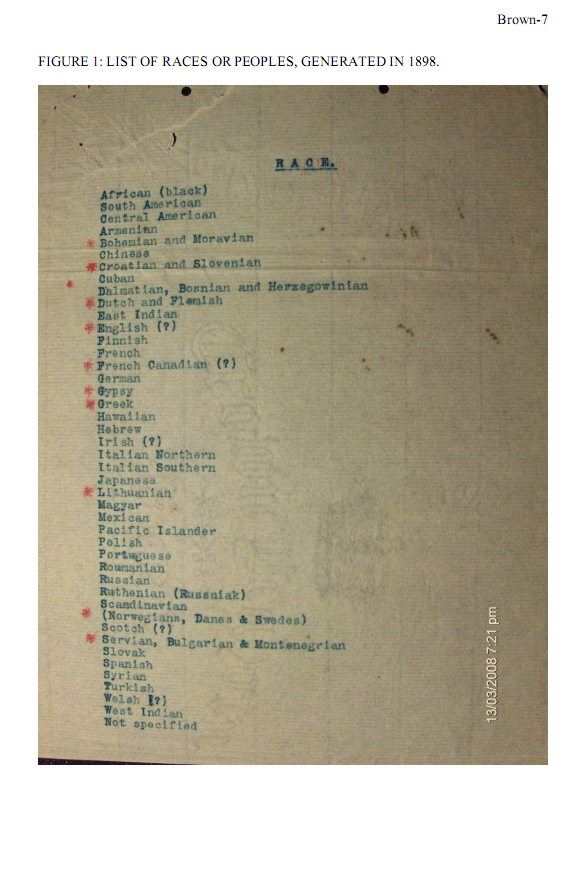
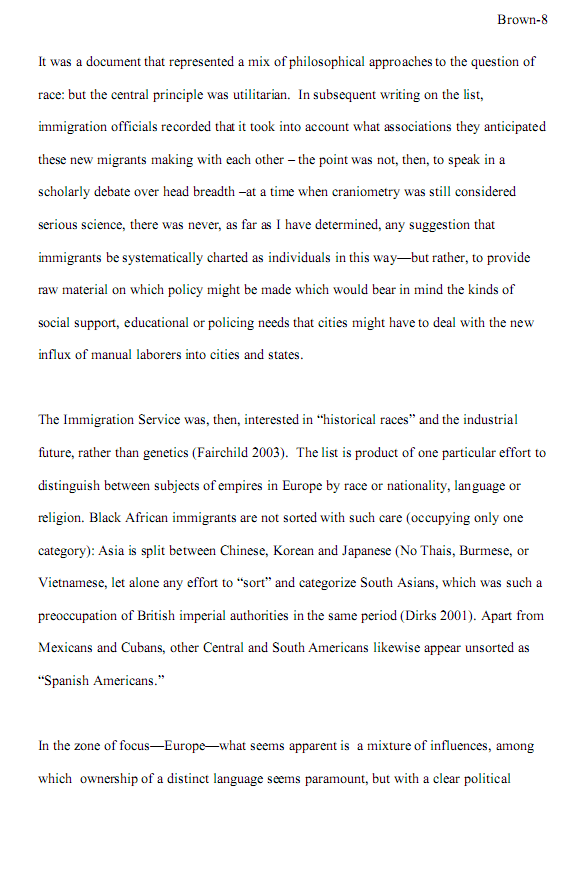
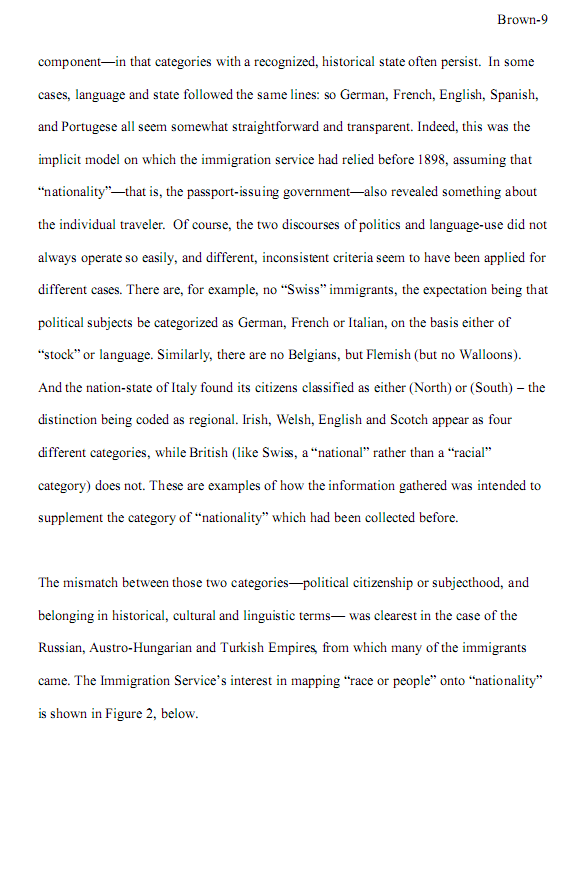
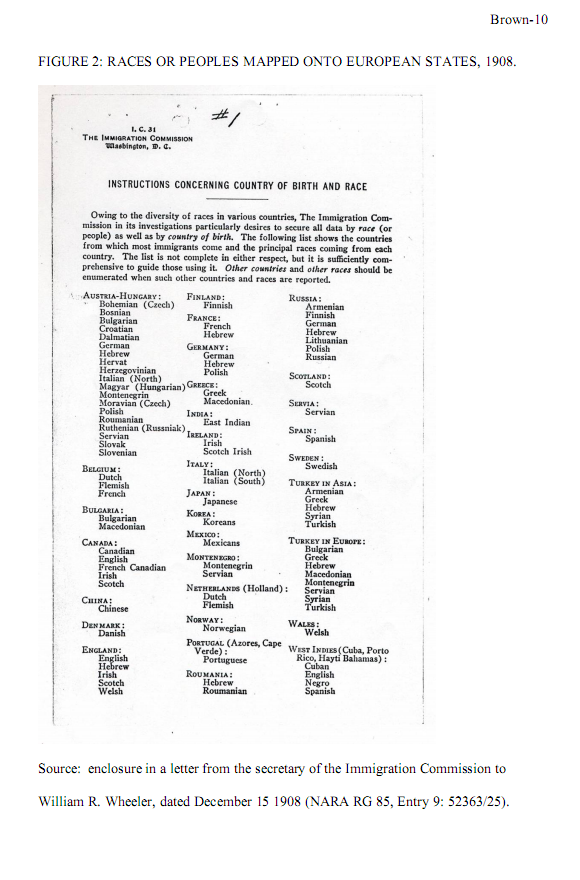
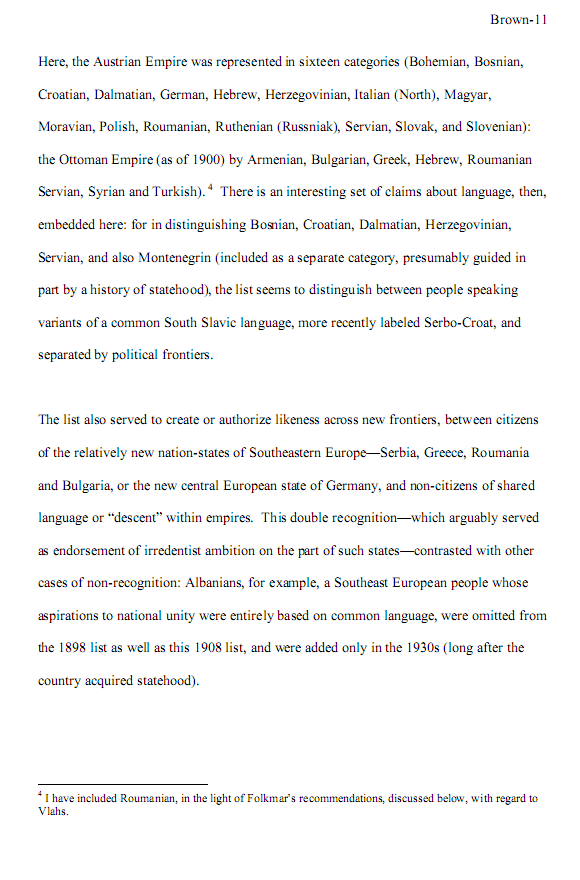
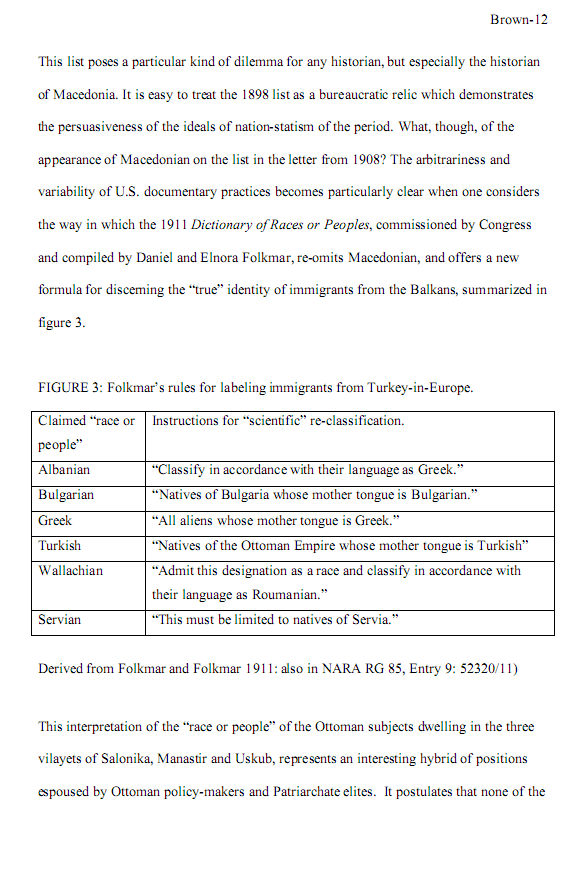
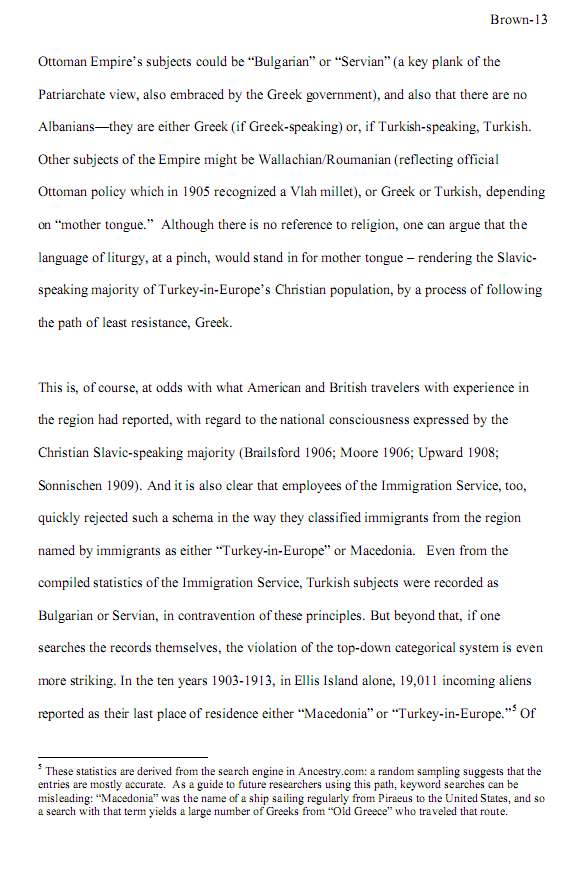
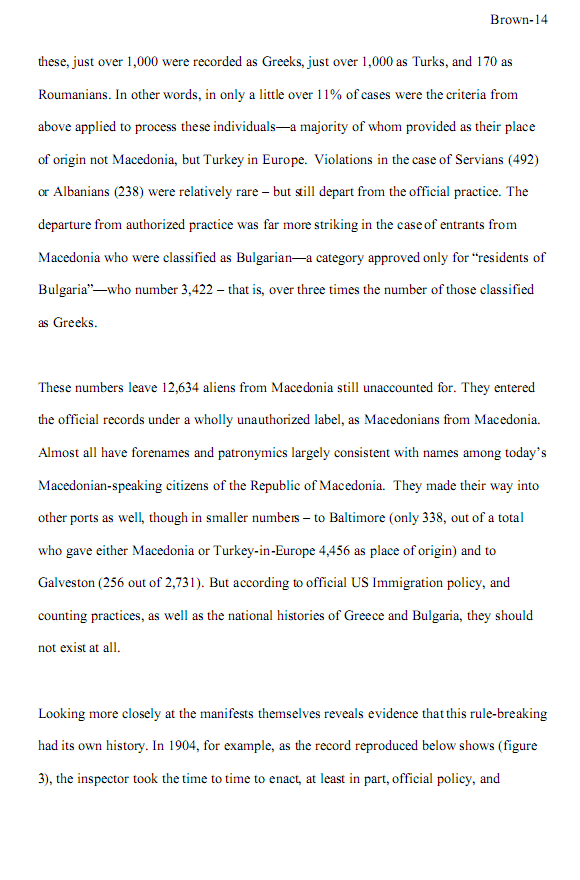
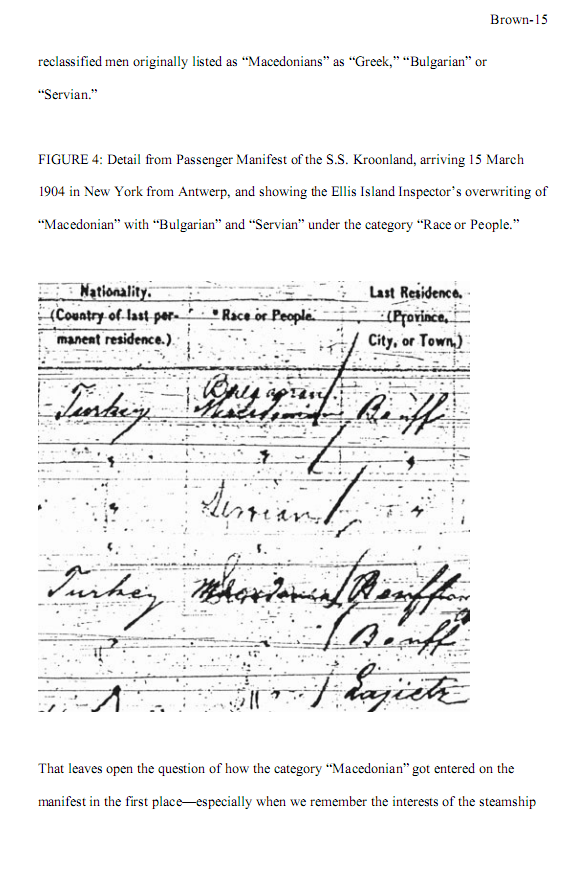
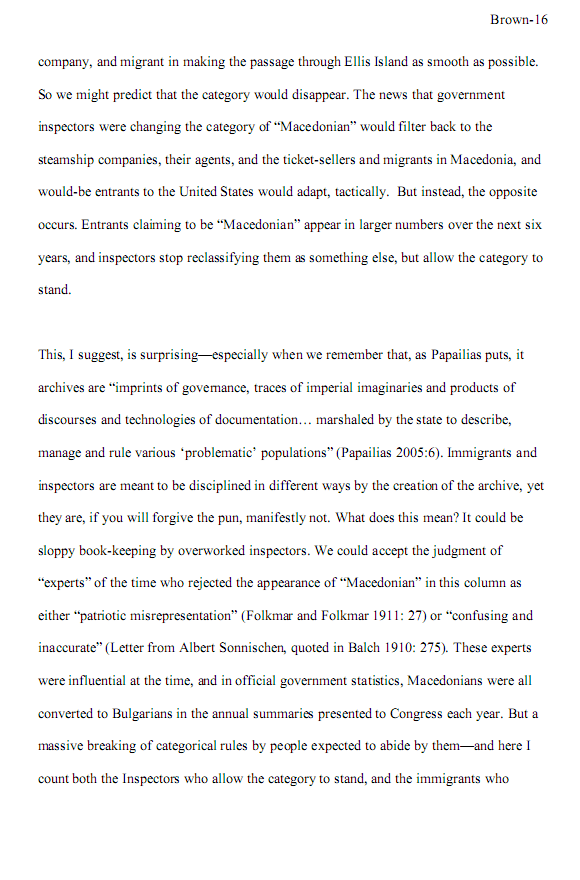
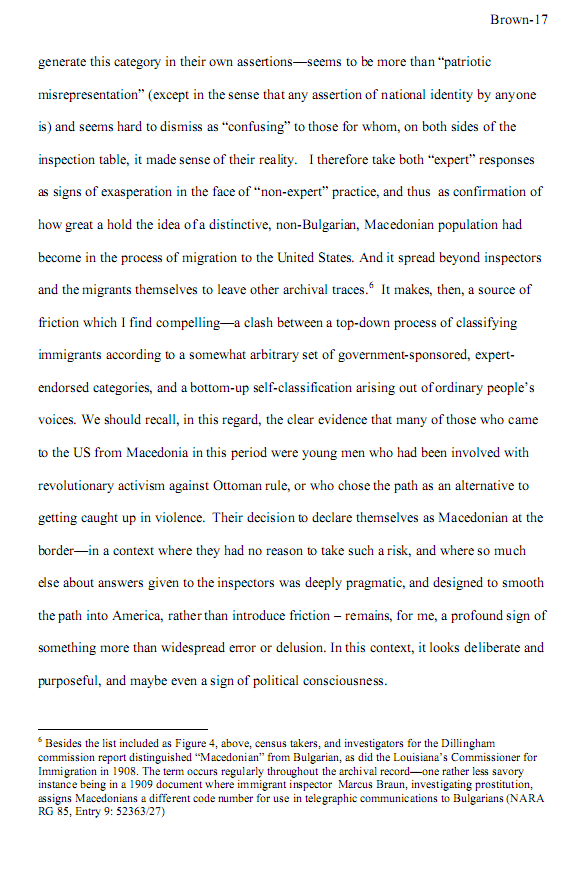
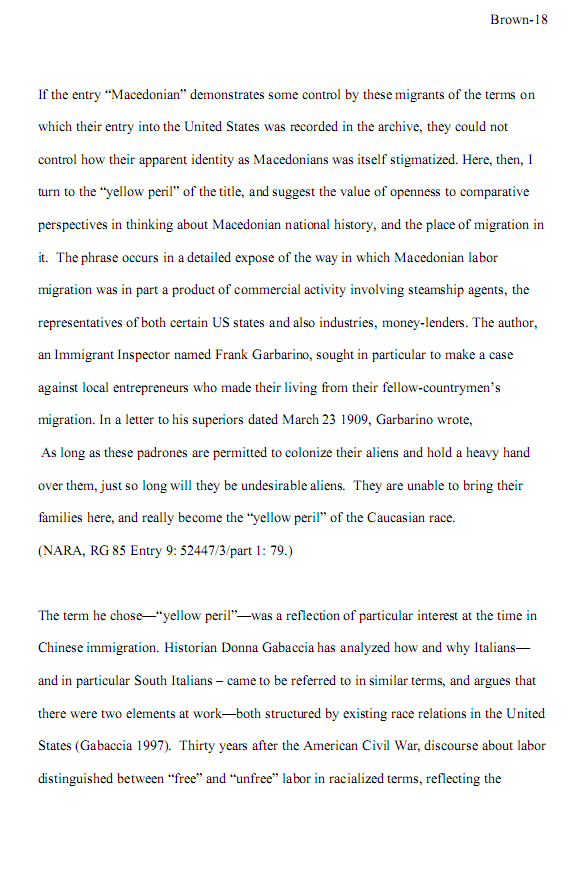
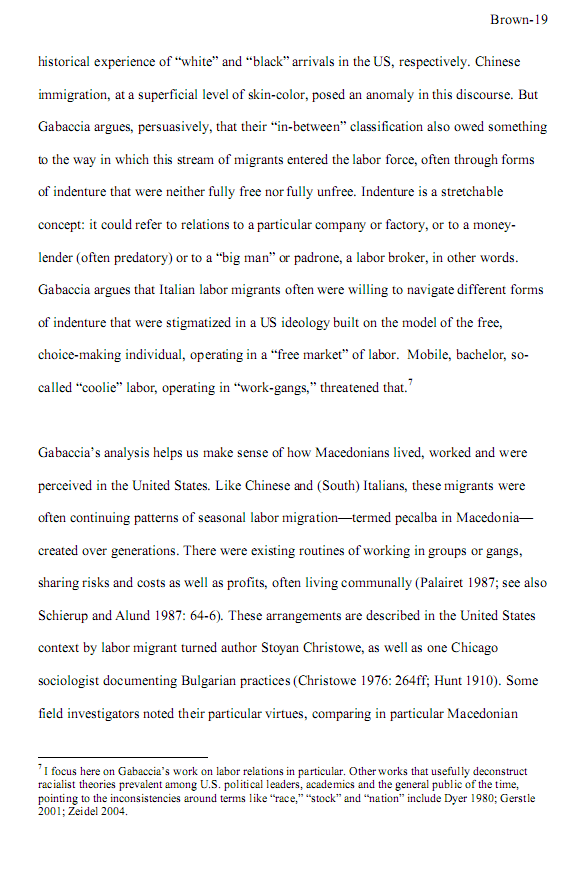
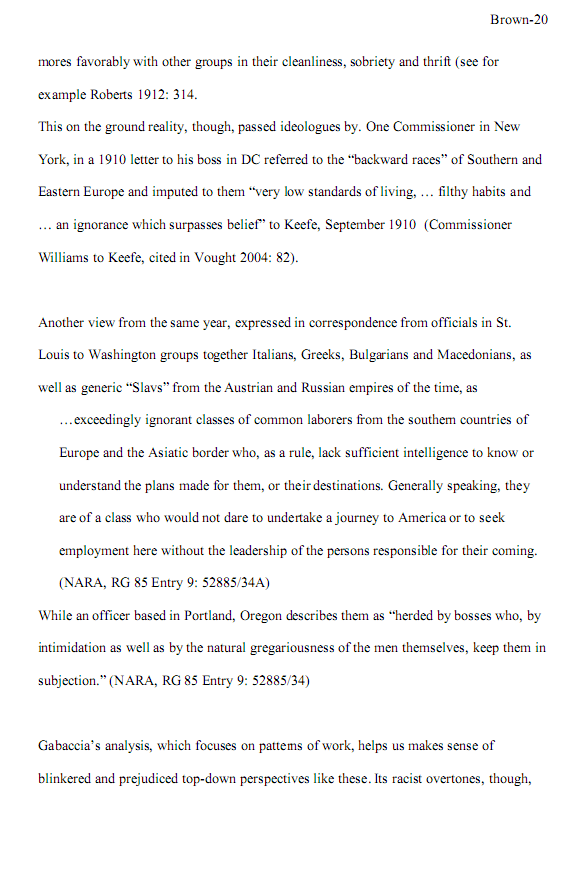
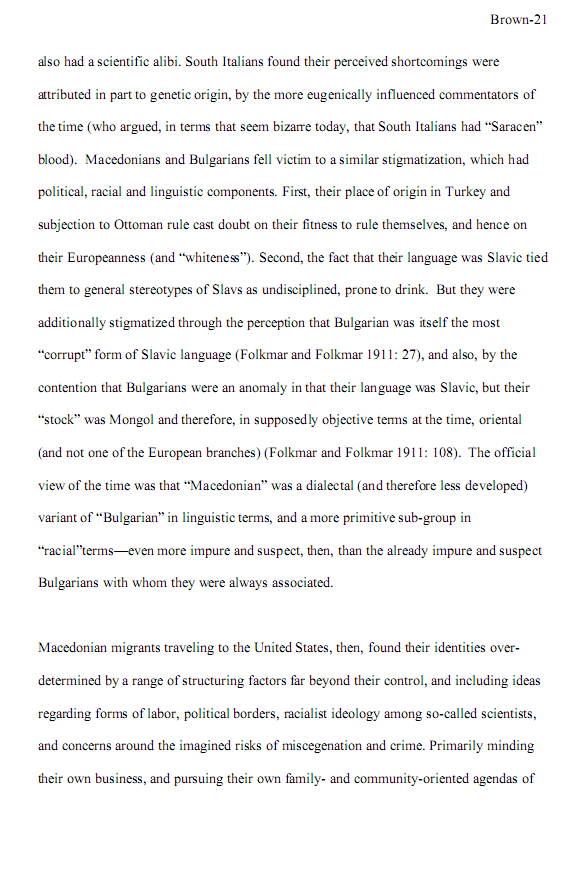
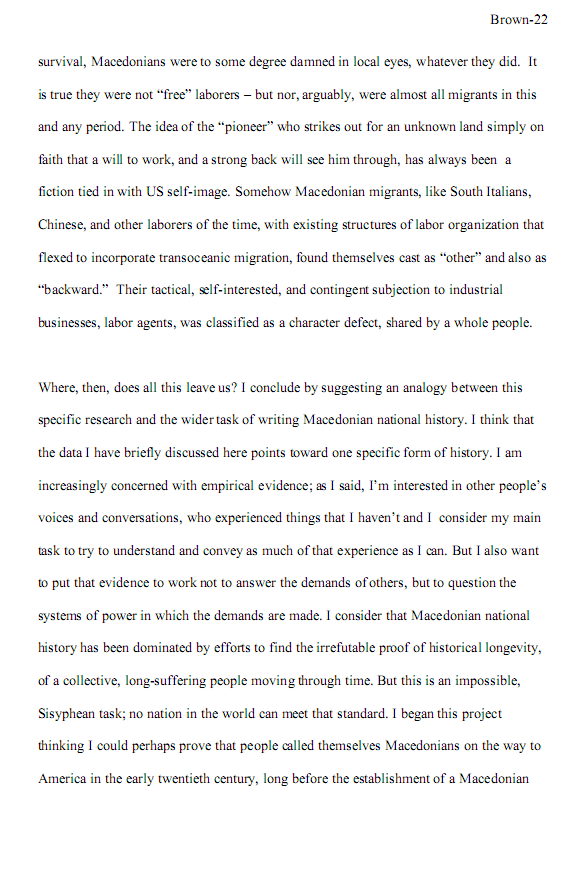
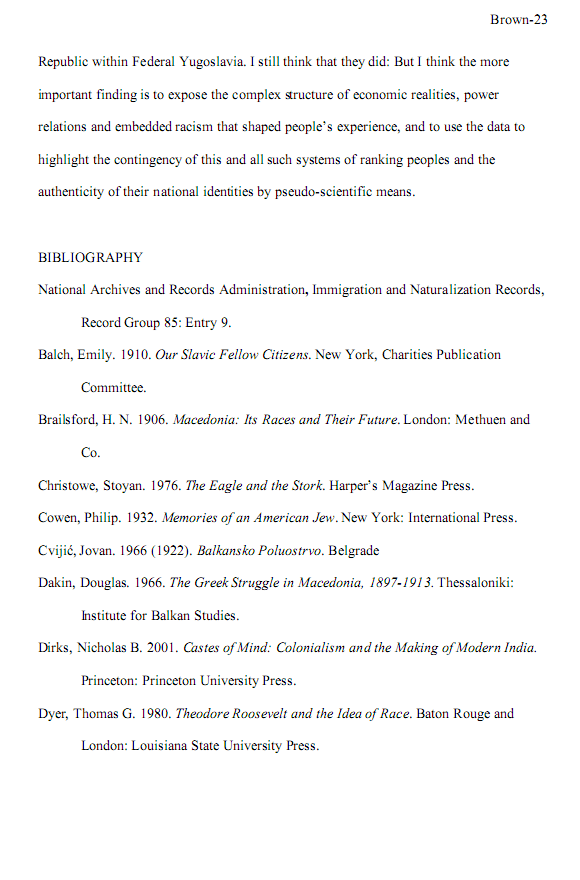
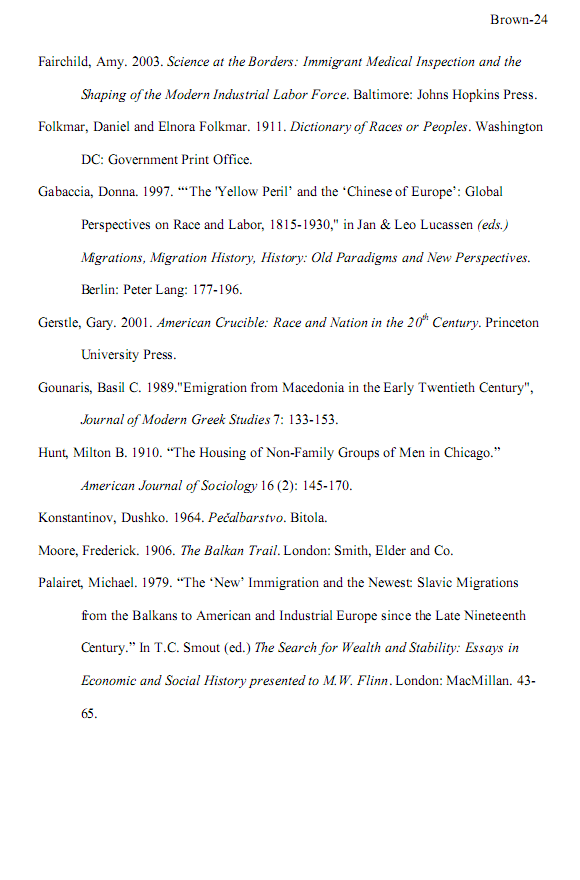
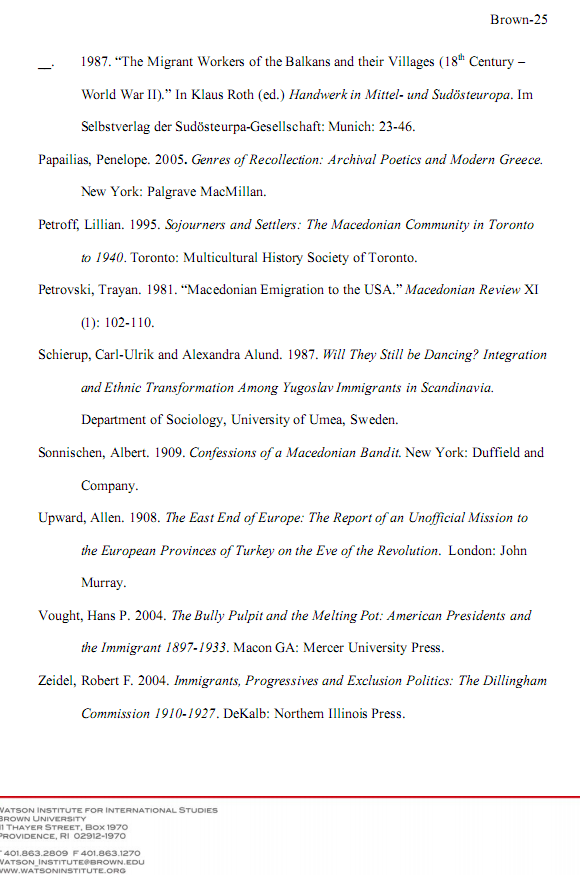
Comment